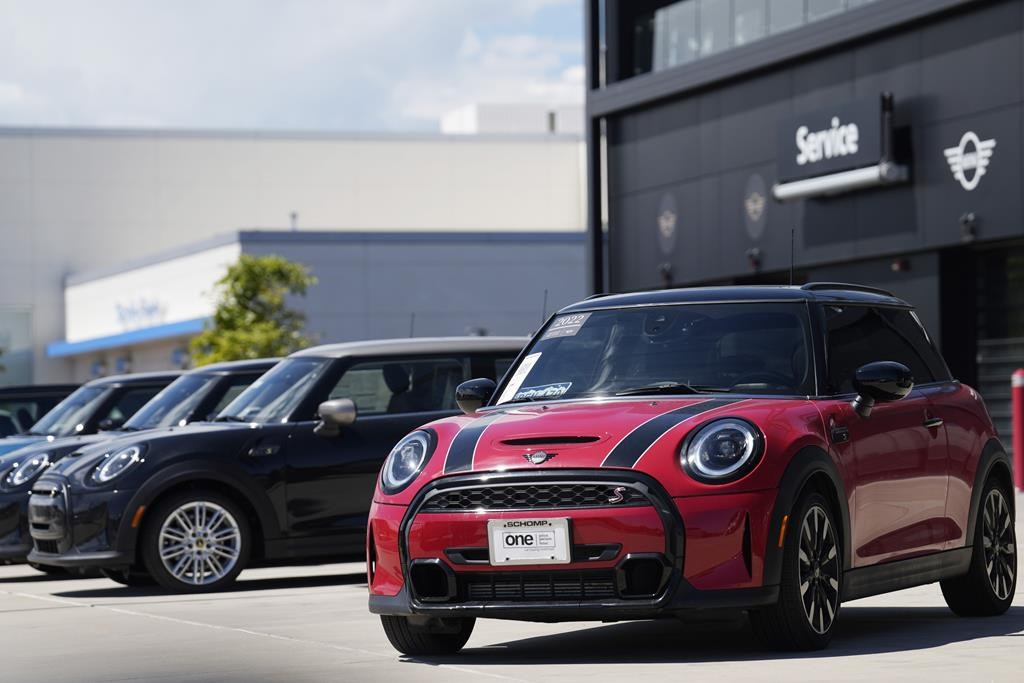US automakers’ sales rose sharply over the summer, despite high prices and interest rates

Posted Oct 3, 2023 07:31:11 PM.
DETROIT (AP) — Automakers posted big increases in new vehicle sales during the summer, despite high prices, rising interest rates and even a limited strike against Detroit companies.
Industry sales rose 16.3% from July through September as consumer demand stayed strong, even given an average new vehicle loan rate of 7.4% and an average vehicle price of more than $45,500.
Vehicle supplies also continued to recover from shortages of computer chips and other parts that began during the pandemic and are finally abating. With increased selection, more people bought vehicles, despite an average monthly payment of $736.
“I think this is 100% replacement purchases and needs-based,” said Ivan Drury, director of insights at Edmunds.com.
Pent-up demand has been building since the pandemic started in 2020, with many people delaying purchases while waiting for prices to come down and supplies to increase. But then the Federal Reserve began raising interest rates.
“Unfortunately some of the people in that pool, they go into the (new vehicle) market because something has forced their hand” such as a failing transmission in their existing vehicle, Drury said.
Automakers sold just short of 4 million vehicles from July through September, according to Motorintelligence.com. General Motors posted a 21.2% increase, while Toyota sales rose 12.2%. Honda reported a 52.7% increase, while Nissan posted a 40.8% gain and Hyundai sales were up 10.2%. Kia sales rose 13.8%.
But Stellantis sales were down 1.3%. Its car sales fell 29% as the company began phasing out Dodge gas-powered muscle cars.
Ford will report sales on Wednesday, and Tesla, which reported global numbers on Monday, saw an estimated 19.5% increase in the U.S.
J.D. Power said U.S. auto sales grew 19% in September, the sixth straight month of double digit increases.
Electric vehicle sales for the first nine months of the year rose 50.9% from the same period a year ago, pushing the EV market share up a little to 7.5%. U.S. consumers bought 875,798 EVs from January through September.
Analysts said the United Auto Workers strike against General Motors, Stellantis and Ford had little impact on sales. The strike was limited to only three assembly plants and relatively few models during the last two weeks of September.
Tom Krisher, The Associated Press








